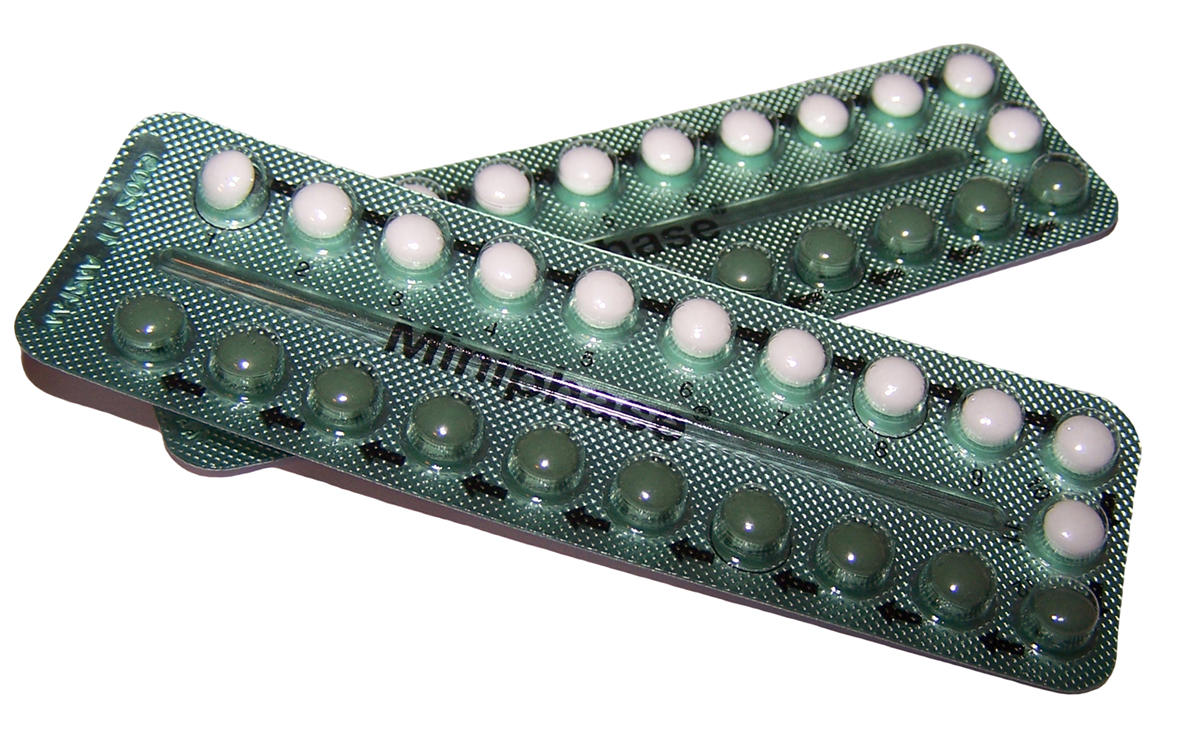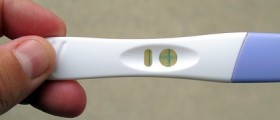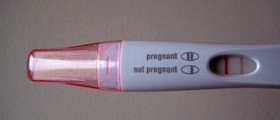
Ovranette is a combined oral contraceptive pill which contains ethinylestradiol and norgestimate and these components are the synthetic versions of estrogen and progesterone, the female sex hormones which occur naturally.
The hormones release and egg from the ovaries and get the lining of the womb prepared for the pregnancy, and if the egg does not get fertilized the hormone levels decrease and the womb lining sheds as a monthly period. Ovranette’s properties basically prevent the egg from being ripe and being released each month.
Ovranette also thickens the womb neck mucus preventing the sperm from entering the womb and reaching an unfertilized egg. The womb lining also gets changed so that a fertilized egg cannot implant there. Ovranette basically overrides the regular menstrual period by tricking the body into thinking that ovulation has already taken place.
Women should ingest one pill on a daily basis for 21 days and then take a seven day break. The hormone levels in the blood drop during the seven day break, which causes a withdrawal bleed similar to the one caused by a normal period. There is always a calendar included in the pack, and the protection against pregnancy is on even during the week off. Sometimes Ovranette can be prescribed to women who suffer from painful and irregular periods.
Every medication sometimes triggers side effects which may be mild or severe but there are still patients who have not been affected by any of them. Common side effects of Ovranette include headaches, nausea, weight gain or weight loss retention of the fluids, gallstones and disturbances of the liver functions, vaginal thrush, depression, breast tenderness and enlargement, allergic reactions changes in menstrual bleeding, decreased sex drive and sometimes even an increase in blood pressure.
The patient must inform the doctor about any other medications currently being taken since the combination of more medications might be unsafe. There are certain medications that may cause the contraceptive to be less effective and those include antiepileptic medicines, St. John’s wort, nelfinavir, bosentan, aprepirant, ritonavir, nevirapine, griseofulvin and all types of barbiturates.
If one takes one of these medications regularly, it would be a better idea to search for an alternative form of contraception. The pill could be combined with one of the medications from the aforementioned list but it may require additional contraceptive such as condoms.
Ovranette may also increase the levels of ciclosporin in the blood. People who suffer from diabetes may need to readjust their insulin doses while taking the contraceptive.
















Your thoughts on this
Loading...